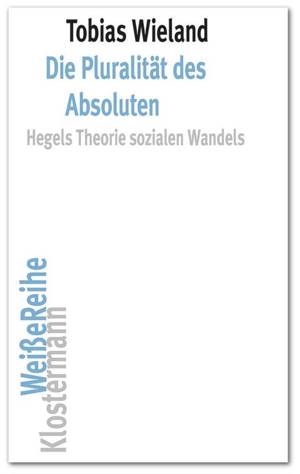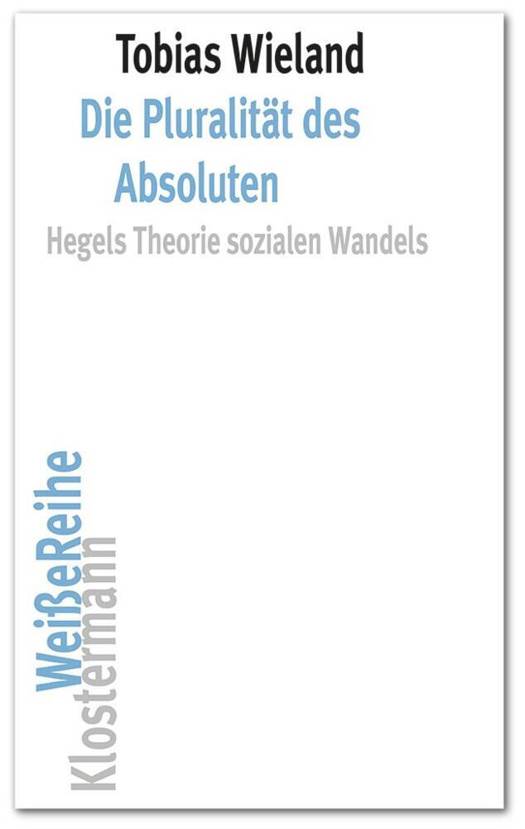
- Afhalen na 1 uur in een winkel met voorraad
- Gratis thuislevering in België vanaf € 30
- Ruim aanbod met 7 miljoen producten
- Afhalen na 1 uur in een winkel met voorraad
- Gratis thuislevering in België vanaf € 30
- Ruim aanbod met 7 miljoen producten
Zoeken
Omschrijving
Hegel's theory of absolute spirit provides an inspiring analysis of the cultural practices of art, religion, and philosophy. In his book, Tobias Wieland taps into Hegel's central idea of the relevance of these practices insofar as they contribute to the openness of the spirit to its own dynamic reality. The book treats the plurality of art, religion and philosophy and conceives of them as three seminal modes in the process of realizing consciousness and shaping the absolute. The goal this systematic examination of Hegel sets itself is a transformational philosophy that reflects the social character of critical thought. In terms of the critical idealism Hegel develops in Berlin, theory is not pursued for its own sake. Rather, the question is what a theory of social change must accomplish in order to be able to investigate basic questions of cultural formation and to strengthen intellectual dynamics.
Specificaties
Betrokkenen
- Auteur(s):
- Uitgeverij:
Inhoud
- Aantal bladzijden:
- 512
- Taal:
- Duits
- Reeks:
- Reeksnummer:
- nr. 10
Eigenschappen
- Productcode (EAN):
- 9783465045946
- Verschijningsdatum:
- 22/09/2022
- Uitvoering:
- Paperback
- Formaat:
- Trade paperback (VS)
- Afmetingen:
- 129 mm x 31 mm
- Gewicht:
- 3805 g

Alleen bij Standaard Boekhandel
+ 76 punten op je klantenkaart van Standaard Boekhandel
Beoordelingen
We publiceren alleen reviews die voldoen aan de voorwaarden voor reviews. Bekijk onze voorwaarden voor reviews.











